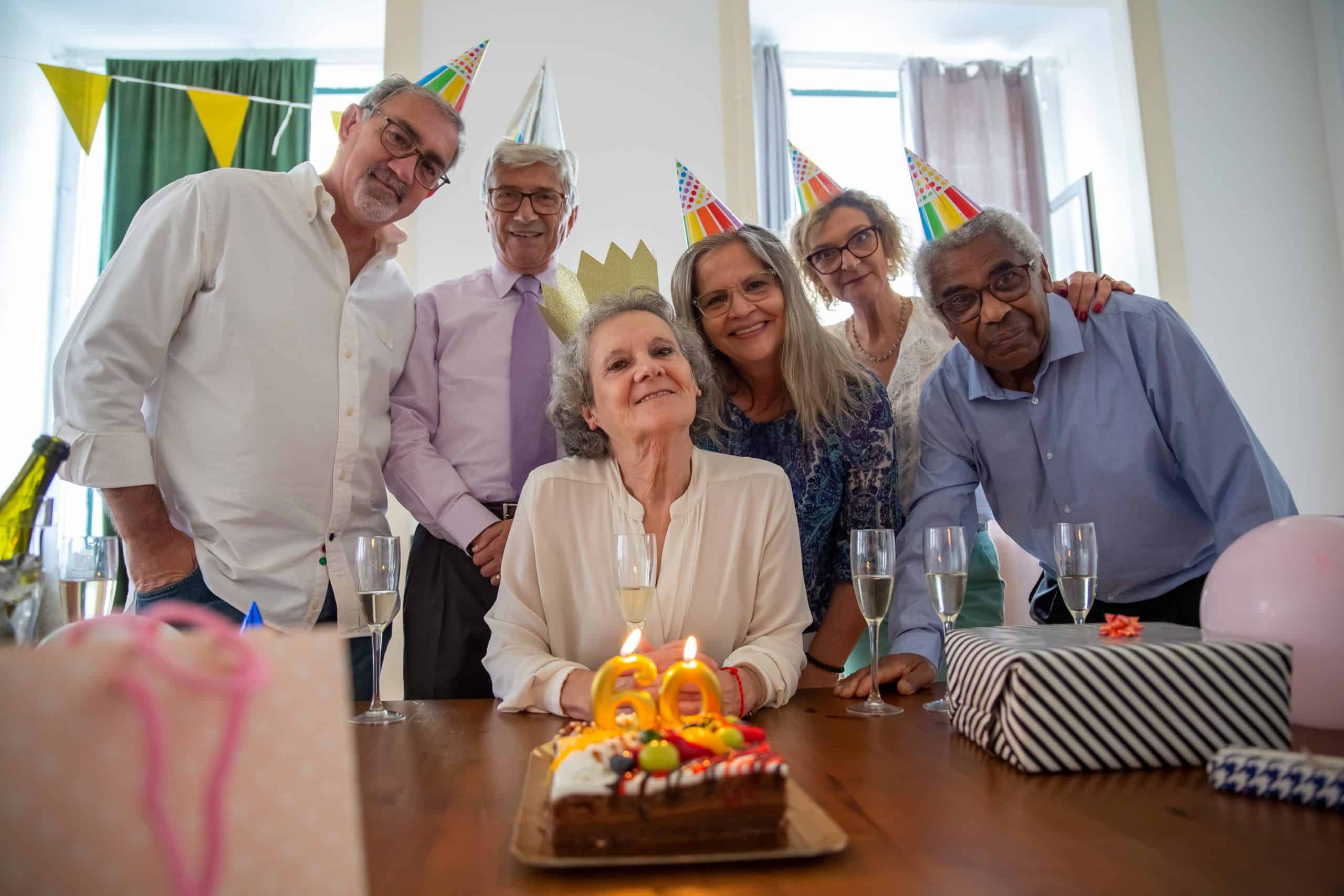Tips For Reducing The Risk Of Accidental Poisoning In Young Children And Older Adults
The services provided by Pegasus skilled in-home caregivers in Shadow Hills and elsewhere help keep our clientele safe. Our professionals know that most accidents and injuries happen at home. In this article, career home health care nurses focus on reducing the risk of accidental poisoning.
Risk Factors For Accidental Poisoning
Young children and older adults have the highest risk of accidental poisoning. Children’s curiosity leads them to inspect everything they find. Their inspections often include putting things in their mouth.
Children can rarely distinguish between what’s harmful and what’s safe. Things that may not be harmful to an adult, such as cosmetics, can injure a child. If your client has children or visiting grandchildren, teach them how to poison-proof their home.
Older adults face different causes of accidental poisoning. Their risks result from:
- Confusion
- Decreased senses of taste and smell
- Medications
- Poor eyesight
Older adults with dementia present additional challenges. In severe cases, they have lost the ability to distinguish between what’s harmful and what isn’t. As well as keeping medications straight, caregivers must follow the same measures they do in preventing poisoning in children.
Accidental poisoning is a leading cause of death from injuries in the United States. Millions more instances of poisoning don’t result in death. Individuals survive after treatment in a medical facility or at home.
What Are Poisons?
Poisons are substances that may be:
- A liquid, gas, or solid.
- Absorbed through the skin, inhaled, swallowed, or injected.
- Found in all rooms in a house or anywhere outdoors.
- Harmless in small quantities but toxic in large amounts.
- Lethal in minute quantities, especially for children.
- Safe if used correctly, but harmful if misused.
A substance becomes a poison when it causes illness, injury, or death.
Adults Are Most Commonly Poisoned By Their Medications
While any substance can be poisonous under the right circumstances, drugs are the most common culprits in adults. That includes:
- Accidental overdose of prescription drugs
- Adverse reactions to medications
- Combining supplements, herbs, over-the-counter drugs, and other remedies with each other or with prescription drugs
- Interactions between medications
- Multiple medications
- Usage of illegal drugs or misuse of prescription drugs
As a home health care nurse, it’s essential that you learn what drugs the individual is taking. Emphasize that you and their healthcare providers need to know also about non-prescription remedies they’re using. That helps eliminate potential drug interactions.
Pharmacists are the best source of drug information. You can also find information on interactions online from sites such as:
You may need to create a chart of interactions for your patient and their family caregivers.
It’s also essential that the individual and their family caregivers understand the instructions for taking their prescription drugs. Review the dosage amounts and timing of each drug with them.
In the case of multiple drugs, you may need to create a detailed schedule for them. Write it in large print, and post it in a conspicuous location. If necessary, color code the prescription bottles to the schedule.
Talk also to the pharmacist about accessible labeling practices. Pharmacies can dispense drugs with large print, audible, or braille labels.
Common Poisons
A host of substances other than drugs are responsible for accidental poisoning in individuals of all ages. Chief among these is carbon monoxide poisoning.
Along with fire detectors, individuals need to install carbon monoxide detectors. Place both on walls near sleeping areas. Appliances, especially space heaters, need to have good ventilation.
Advise family members to contact local utilities or maintenance companies to check gas appliances for dangerous conditions like leaks. Some individuals may be using appliances like ovens for heating. Use your networking skills to obtain assistance in providing funds or equipment for safe heating.
Nearly all household products are poisonous if ingested or if the vapors are inhaled. These include, but aren’t limited to:
- Button batteries
- Cleaning products
- Cosmetics
- Disinfectants and sanitizers
- Laundry products
- Personal care items
- Topical creams, lotions, or ointments
Additionally, garden products such as fertilizers, insecticides, pesticides, and chemicals must be appropriately stored.
All of these must be kept away from children and adults with dementia. Adults who do their own cleaning and maintenance need to follow product directions. Enlist the aid of family members to ensure that their loved ones follow appropriate safety practices.
Food poisoning presents a common risk for seniors. As their sense of taste and smell decline, they are unaware that their food has gone bad. Failing eyesight makes it hard to read expiration dates or see signs of spoilage.
Family members can assist by clearly labeling the use-by date on foods. They can also help ensure that all leftovers are quickly and properly refrigerated. If necessary, suggest that they prepare small ready-to-eat meals for their loved one that eliminates leftovers.
Pegasus is a licensed Home Care Organization and a Joint Commission Accredited Home Health Care organization. Our in-home healthcare professionals in Shadow Hills and our other locations assist our clientele reduce their risk of accidental poisoning. Our career home health care nurses use their skills to help individuals live safely and independently in their home.

